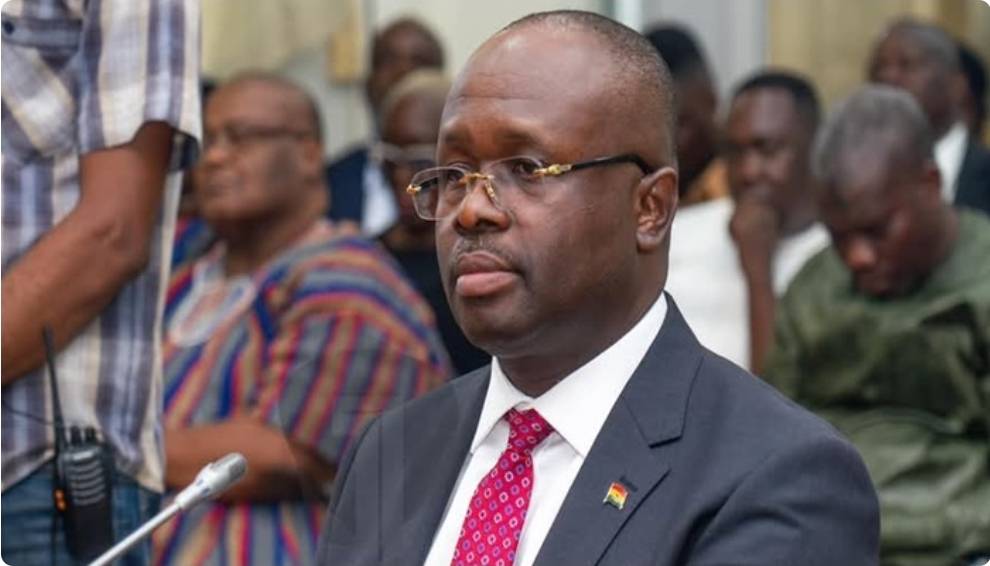Military to Take Charge of Awaso–Takoradi and Accra–Kumasi Road Projects
In a bold move to accelerate infrastructure development, the Ghanaian government has assigned the Ghana Armed Forces (GAF) to oversee the construction of two major road projects: the **Awaso–Takoradi** and **Accra–Kumasi** highways. This decision, announced by the Ministry of Roads and Highways, aims to leverage the military’s discipline, efficiency, and engineering expertise to ensure timely completion of these critical transport corridors.
**Why the Military is Involved**
The government’s decision to deploy the military for road construction stems from several key factors:
1. **Faster Project Delivery** – Civilian contractors often face delays due to bureaucratic and financial challenges. The military’s structured command system is expected to streamline execution.
2. **Cost Efficiency** – By utilizing military engineers and personnel, the government hopes to reduce reliance on expensive private contractors and minimize project cost overruns.
3. **National Security & Economic Benefits** – Improved roads will enhance mobility for security operations and boost trade between key regions.
**Details of the Road Projects**
1. **Awaso–Takoradi Road**
- Connects mining and agricultural hubs in the Western Region to the Takoradi Port.
- Critical for bauxite transportation and export activities.
- Current state: Poor condition, causing delays in cargo movement.
2. **Accra–Kumasi Road**
- One of Ghana’s busiest highways, linking the capital to the Ashanti Region.
- Vital for commerce, tourism, and intercity travel.
- Long-standing congestion and deterioration have plagued commuters.
**Military Engineering Corps’ Role**
The **48 Engineer Regiment** of the Ghana Army, known for its involvement in past infrastructure projects, will lead construction efforts. Their tasks include:
- Road surveying and design
- Earthworks and paving
- Bridge construction (where necessary)
- Coordination with civilian agencies for permits and land acquisition
**Public and Expert Reactions**
The announcement has received mixed reactions:
- **Supporters** argue that the military’s involvement will prevent the delays and corruption often associated with civilian contractors.
- **Critics** express concerns about diverting military resources from defense duties and question whether soldiers have sufficient civil engineering experience for large-scale road projects.
**Precedents and Success Stories**
This is not the first time Ghana’s military has engaged in infrastructure development. The GAF previously contributed to:
- Construction of the **Afari Military Hospital**
- Rehabilitation of roads in conflict-prone areas
- Disaster response and reconstruction efforts
Similar models have worked in countries like **China and Egypt**, where military engineering corps play a significant role in national infrastructure.
**Expected Timeline and Impact**
The government has set an ambitious timeline:
- **Awaso–Takoradi**: Completion within 18 months
- **Accra–Kumasi**: Phased completion over 2–3 years
Once completed, these projects are expected to:
✔ Reduce travel time and vehicle maintenance costs
✔ Improve freight movement for businesses
✔ Enhance regional connectivity and economic growth
**Conclusion**
The deployment of the military to oversee the Awaso–Takoradi and Accra–Kumasi road projects signals a new approach to tackling Ghana’s infrastructure challenges. If successful, this model could be replicated for other critical projects nationwide. However, close monitoring will be essential to ensure transparency, quality, and timely delivery.
For now, commuters and businesses along these routes remain hopeful that this intervention will finally bring the long-awaited road improvements they deserve.




No comments yet
Be the first to share your thoughts!